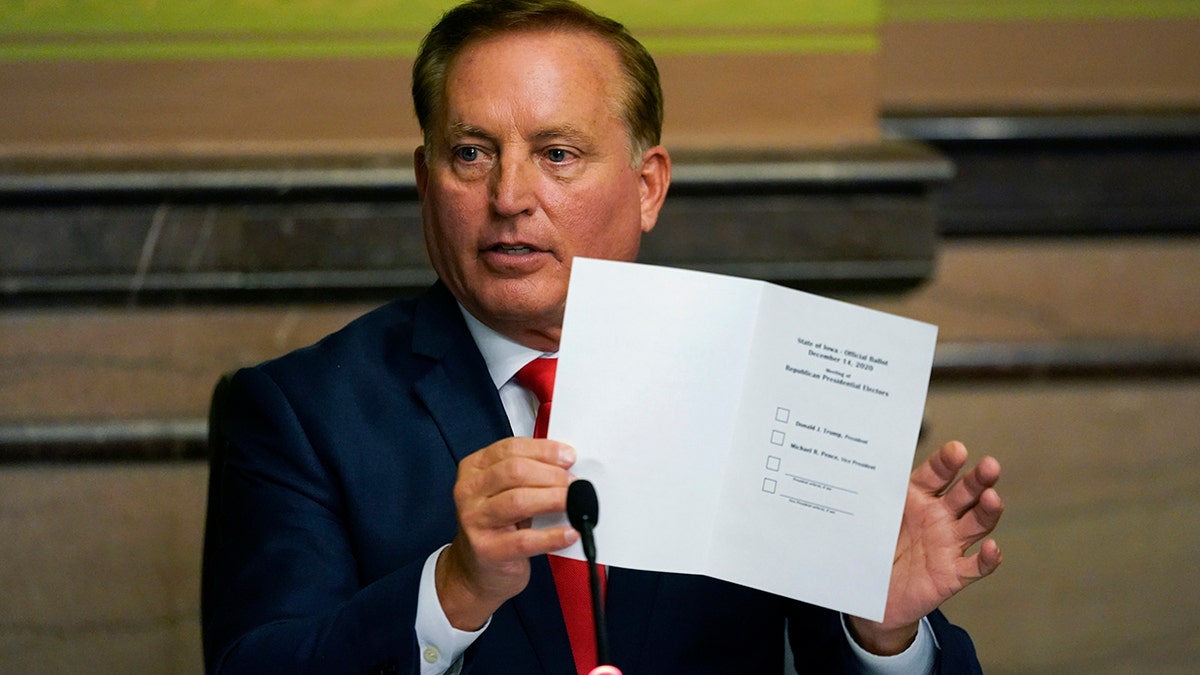The rapid advancement of generative Artificial Intelligence (AI) presents both immense opportunities and valid concerns. While anxieties surrounding bias, privacy, job displacement, and control are understandable, the focus should be on harnessing AI's potential for societal benefit. The National Telecommunications and Information Administration (NTIA) is currently seeking input on AI accountability, exploring ways to create a productive ecosystem. However, their approach overlooks a crucial aspect: the inherent accountability enforced by competitive market systems.
Companies, including those developing AI, are primarily held accountable by their customers within a competitive landscape. Market forces, reputation, financial incentives, existing laws, and societal norms create feedback loops that align producers with stakeholder interests. The drive for profit fuels innovation and the development of valuable products and services, ultimately benefiting society.

While market mechanisms aren't flawless and may require supplementary measures in certain situations, these exceptions should reinforce, not replace, the core principle of market accountability. The NTIA's inquiry overlooks this foundational element. Many of their proposed mechanisms, like transparency, certifications, and third-party audits, already operate effectively within the market, both in AI and other sectors. Examples include supply chain certifications, safety marks on electrical appliances, and online reviews for services and restaurants.
A recent example within the AI field is the Center for Industry Self-Regulation's Principles for Trustworthy AI in Recruiting and Hiring, along with their Independent Certification Protocols. These initiatives aim to establish global standards and certification pathways for AI-driven hiring practices. Such market-based approaches are essential for a robust AI accountability ecosystem.
It's crucial to recognize that the NTIA, while influential, lacks the regulatory authority to impose binding rules. Given this limitation and the intricate nature of AI, overlooking market-based accountability is impractical. AI accountability extends beyond regulation; it involves leveraging existing market systems, identifying shortcomings, and implementing targeted interventions only when necessary. Markets are uniquely positioned to balance competing accountability goals, such as privacy versus transparency or accuracy versus access.
The NTIA's discussion should move beyond hypothetical future issues and government or self-regulation. A comprehensive approach that prioritizes market-based accountability is crucial. The focus should be on enhancing these existing ecosystems in the age of AI, not replacing or undermining them. By strengthening market-driven accountability mechanisms, the NTIA can effectively address potential harms while maximizing AI's benefits for society.









